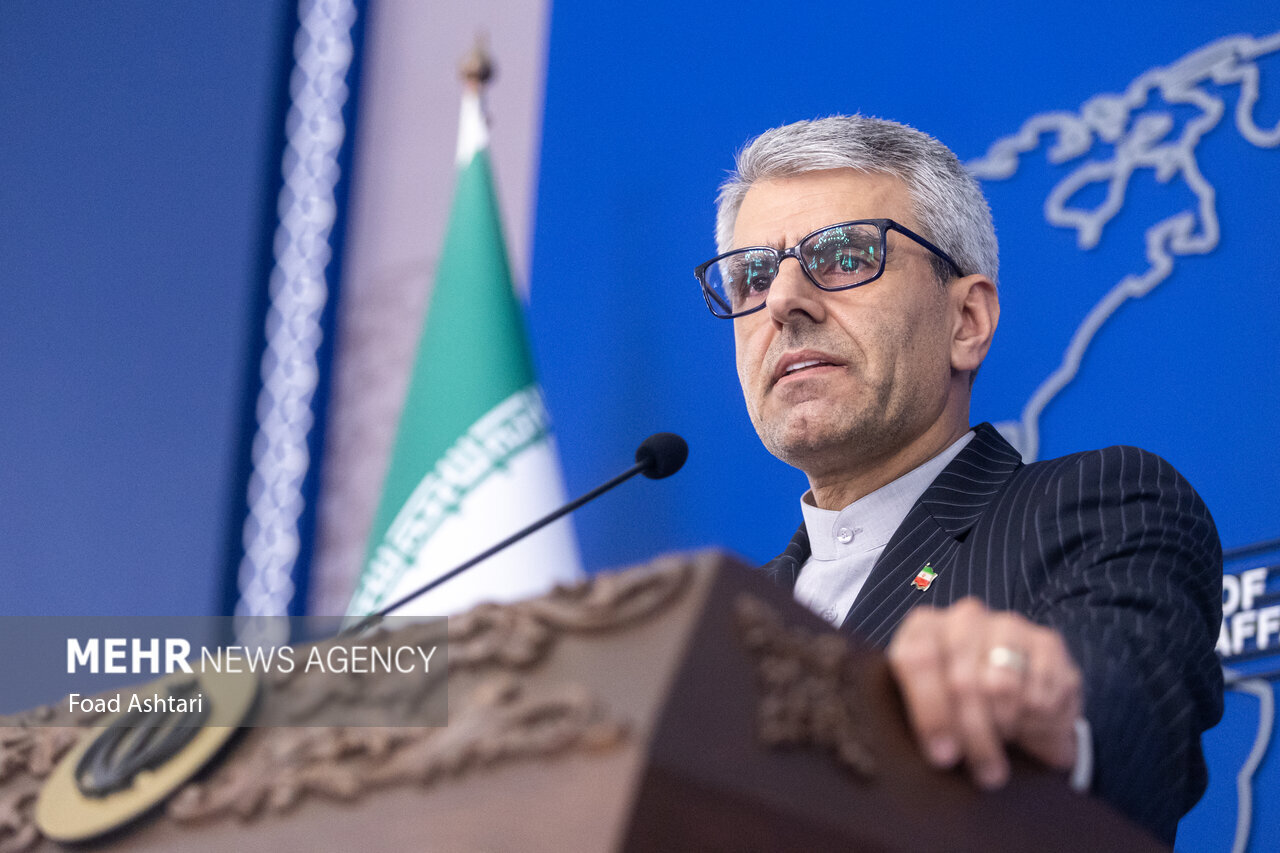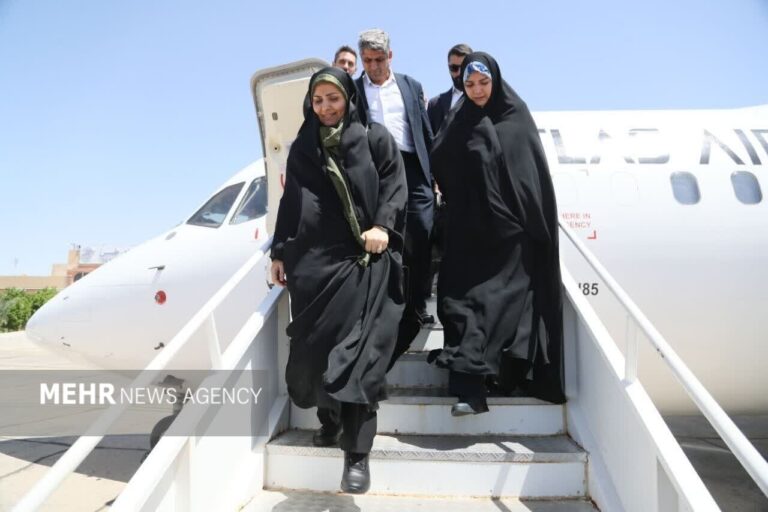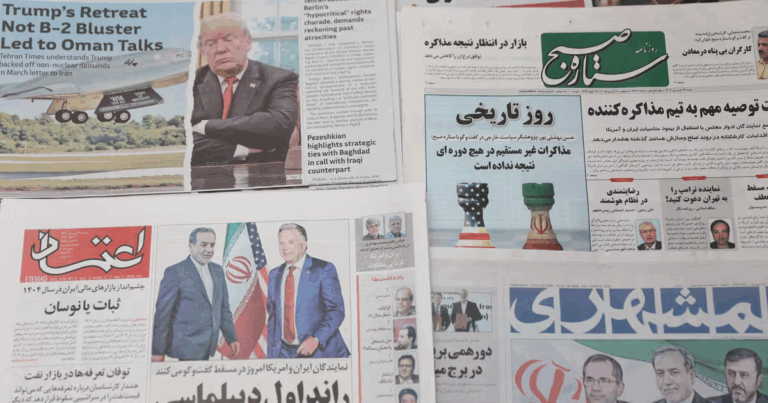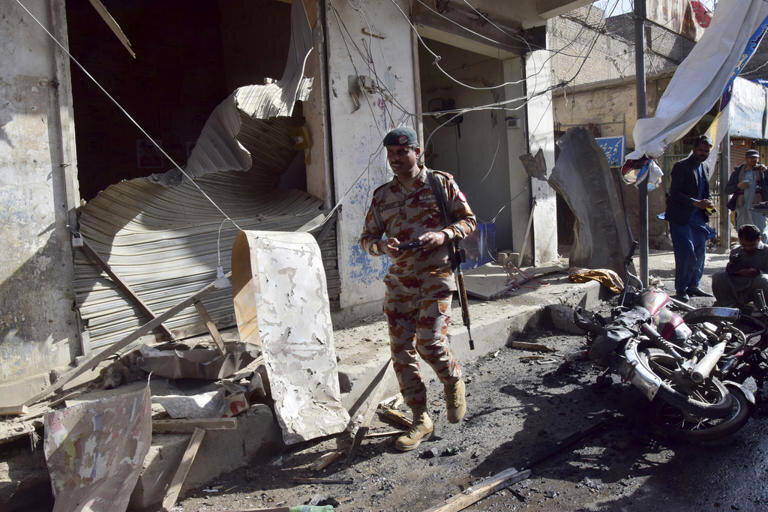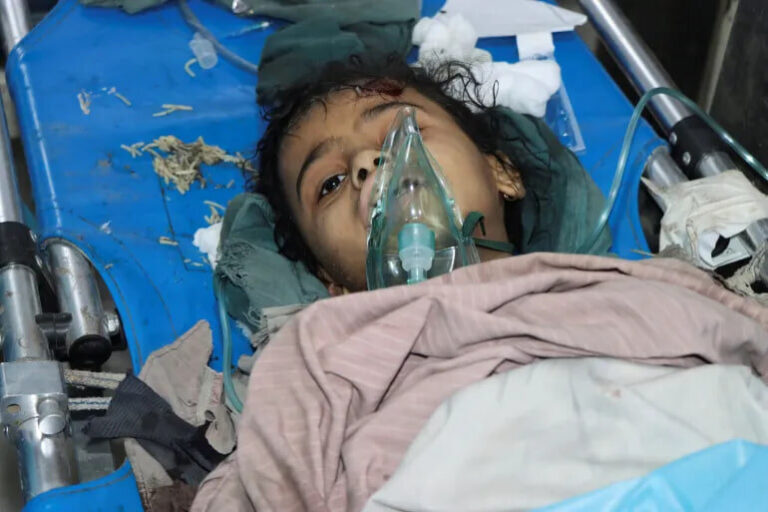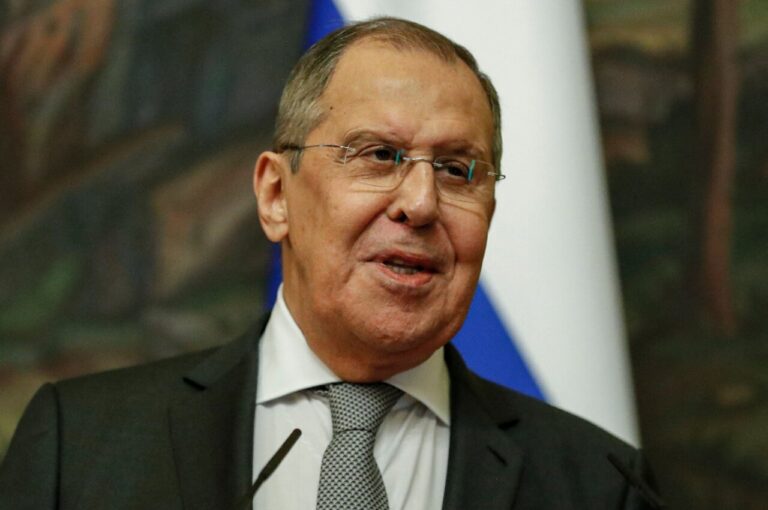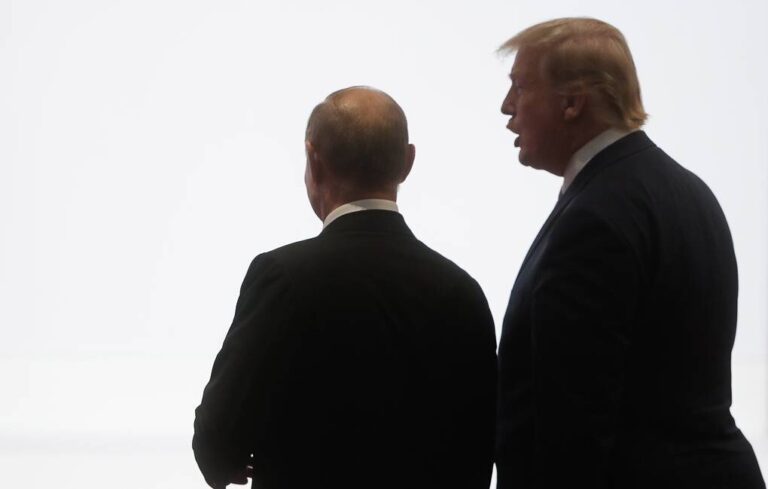Iran Condemns Ongoing US Strikes in Yemen: A Rising Tension in the Middle East
In a recent statement, Esmaeil Baghaei, the Spokesman for the Ministry of Foreign Affairs of the Islamic Republic of Iran, has vehemently condemned the ongoing US airstrikes in Yemen. These military actions have resulted in numerous civilian casualties, extensive damage to homes, and severe destruction of infrastructure. The situation has raised significant concerns about international law and humanitarian standards.
Baghaei characterized the US airstrikes as illegal and a serious violation of fundamental principles of international law. He emphasized that such military interventions not only harm the Yemeni people but also contribute to regional instability. Here are some key points from his statement:
- Condemnation of US Actions: The spokesman denounced the US airstrikes as a blatant violation of international norms.
- Impact on Yemen: The airstrikes have led to the martyrdom and injury of innocent civilians.
- Regional Implications: These actions are seen as emboldening the Zionist regime, allowing it to continue its aggressive policies in occupied Palestine.
- Call for Solidarity: Baghaei reaffirmed Iran’s solidarity with the Yemeni people and their support for the Palestinian struggle.
- International Response: He urged the United Nations Security Council to take action and respond to the aggression against Yemen.
Baghaei pointed out that the US military aggression against Yemen represents a clear and present danger to international peace and security. He called on the United Nations Security Council to end its silence on this critical issue and take a stand against the violence faced by Yemen. Furthermore, he urged Islamic governments and the Organization of Islamic Cooperation (OIC) to unite and condemn the ongoing aggression.
The spokesman highlighted the humanitarian crisis resulting from the airstrikes, which has left many Yemeni civilians suffering. The destruction of homes and infrastructure has led to a dire need for humanitarian assistance in the region. Baghaei emphasized the importance of a coordinated international response to address the crisis and protect the rights of civilians.
In addition, he noted the broader implications of the US’s military engagements in the Middle East. These actions, he argues, do not contribute to global stability but rather serve to escalate tensions and conflict within the region. The Iranian government believes that a peaceful resolution can only be achieved through dialogue and diplomacy, rather than military intervention.
Baghaei’s remarks reflect a growing concern among various nations regarding the impact of US foreign policy in the Middle East. The ongoing conflicts have drawn attention to the need for a reevaluation of international military strategies and their consequences for civilian populations.
In conclusion, Esmaeil Baghaei’s condemnation of the US airstrikes in Yemen underscores the urgent need for a collective international effort to address the humanitarian crisis and hold those responsible for violations of international law accountable. The situation in Yemen continues to evolve, and it remains essential for the global community to prioritize peace, stability, and the protection of human rights in the region.
